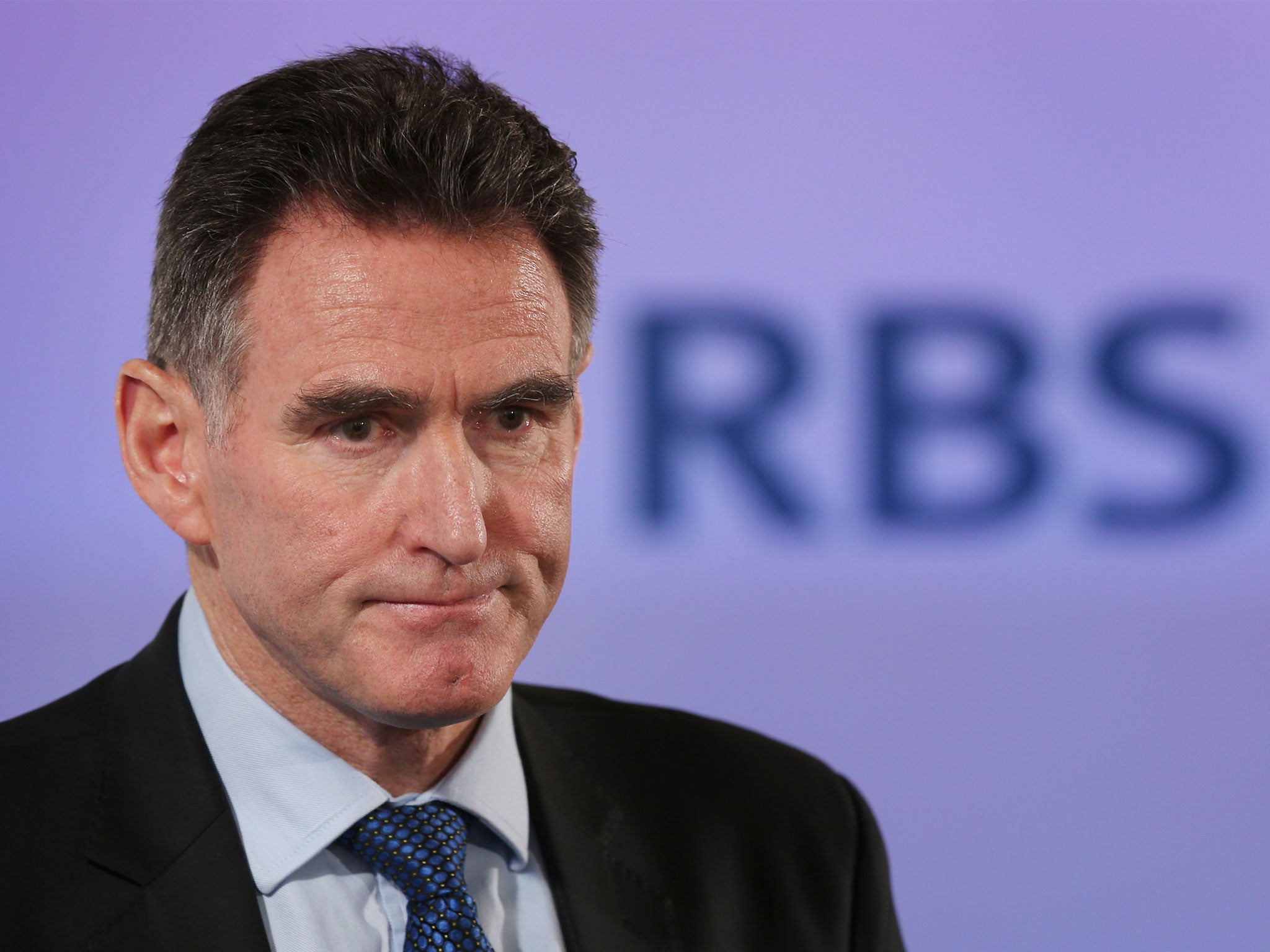RBS: Are there any grounds for optimism?
Another trading statement, another thumping loss, the good part of RBS is always going to struggle to get noticed while the bank has so many issues

“Oh deary me.” That’s the stock reaction to a Royal Bank of Scotland trading update these days.
The bank that nearly broke Britain racked up another loss during the third quarter of this year, this time of £469m, which was nearly twice as bad as the analysts’ consensus forecast. It brings the total for the first nine months of the year to £2.5bn.
By comparison to some previous trading updates, a £469m loss is actually rather modest. No wonder the shares didn’t move much in response. Phew, it wasn’t worse!
It could have been worse, but the bank didn’t follow Barclays and Lloyds down the road of increasing the amount of money it has set aside to compensate people mis-sold payment protection insurance policies.
However, there was still more than enough to drive shareholders to drink, a by now familiar parade of legal issues, tax issues, restructuring costs, provisioning, legal issues and other junk. The stuff we’ve come to expect from RBS every time chief executive Ross McEwan signs off a trading statement and hands it to a flunky to post up on the stock exchange’s news service.
Meanwhile, his bank is going to miss the deadline for selling the 300 strong Williams & Glyn branch network, which it has to dispose of as a consequence of receiving more than £40bn in state aid, and is now exploring “other options” such as offloading bits of it piecemeal, despite the interest of the Clydesdale Bank in buying up the lot.
Mr McEwan would dearly like us to pay at least some attention to RBS’s “operating profit” when these issues are being discussed. That is, the money the bank makes from the day to day business of providing banking services.
With good reason. It’s actually doing quite well. Adjusted Income of £3.5bn for the three months in question was £600m ahead of that consensus forecast, driven by the Corporate and Institutional Bank which managed to increase revenues by 71 per cent compared to the same three month period last year.
A harbinger of the “good safe bank that people can be proud of” that Mr McEwan has talked about wanting to build, the business that will remain when the Augean Stables of RBS’s past has been cleaned out?
Numbers like that show that there are grounds for some optimism, although those grounds might only be visible to the sort of person who buys lottery tickets and genuinely thinks they might win. No wonder the business is quietly dropping the RBS brand wherever that is possible, south of the border, in the city where the investment bank plies its trade, the better to shed the parent’s unlovely legacy.
It should be remembered that the part of RBS that makes money is working for the majority owners – we taxpayers – in as much as it is providing a steady flow of money to pay fines and legal bills and other costs associated with them. It’s therefore shielding us from having to put more money in (Chancellor Philip Hammond can forget about selling more shares for the forseeable future). Perhaps we should, then, pay a little more attention to how it’s doing as Mr McEwan would like us to.
Business news: In pictures
Show all 13The trouble is it’s always going to be obscured by the bank's legal at regulatory issues becasue they are so very bad. All the more so because the worst is yet to come, what with the ongoing lawsuits filed by shareholders over the pre-financial crisis rights issue, the likelihood of a whopping fine from the US Department of Justice over pre-crisis mortgage sales, and the bank’s awful treatment of some small business customers.
That latter scandal largely post dates the misrule of Fred Goodwin and it could be said to demonstrate how deeply ingrained the problems with the bank’s culture were.
The “good” part of RBS will ultimately only be considered a “good safe bank that people are proud of” if it can definitively prove that it has cast off the sins of its past. I don’t really think we’re there yet, do you?
Subscribe to Independent Premium to bookmark this article
Want to bookmark your favourite articles and stories to read or reference later? Start your Independent Premium subscription today.

Join our commenting forum
Join thought-provoking conversations, follow other Independent readers and see their replies